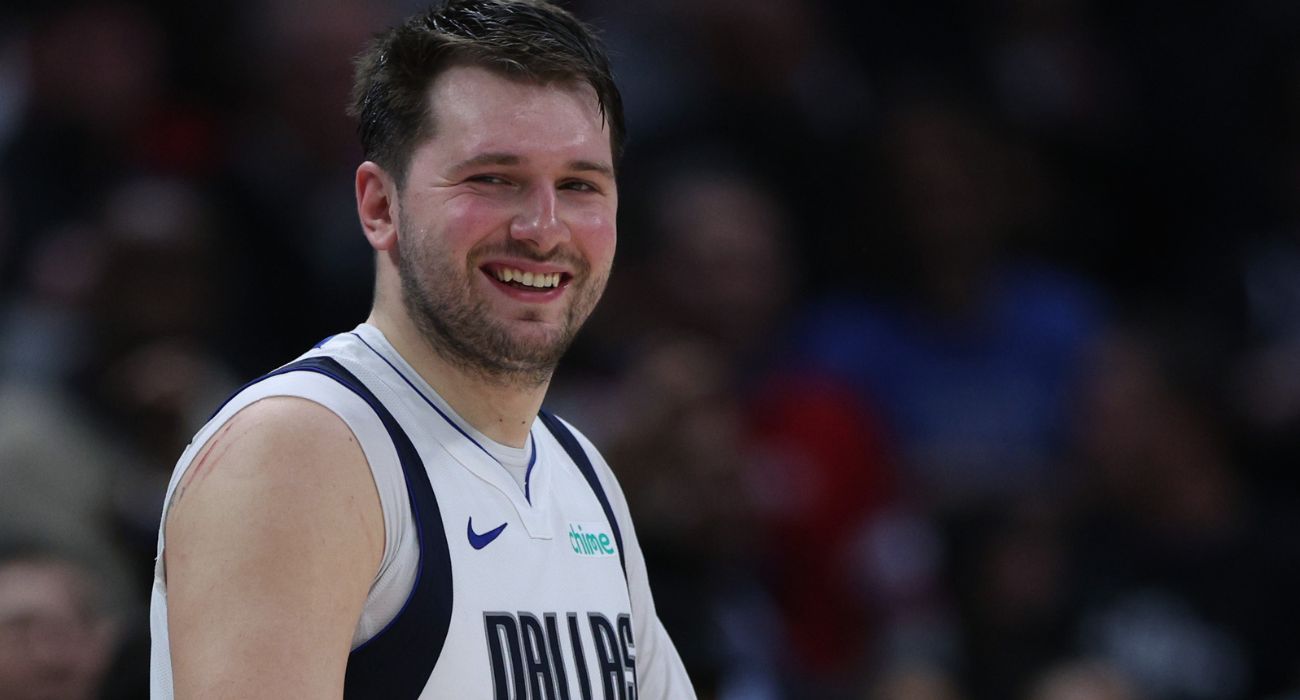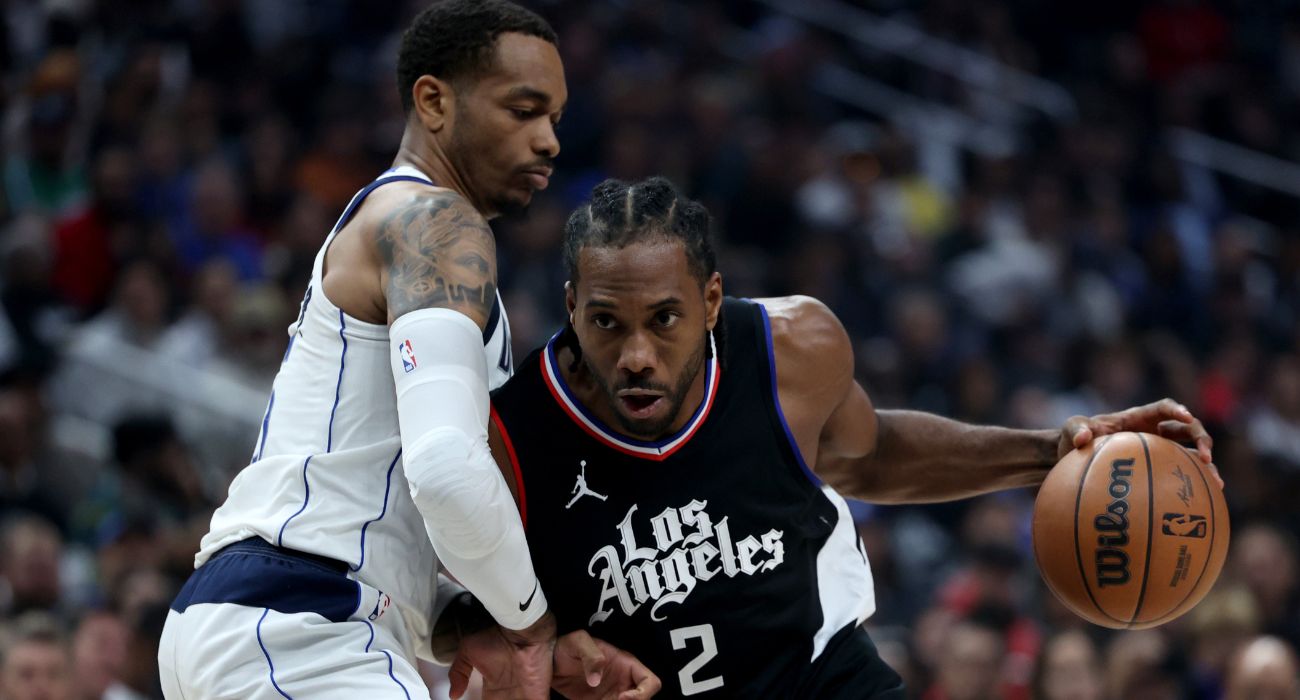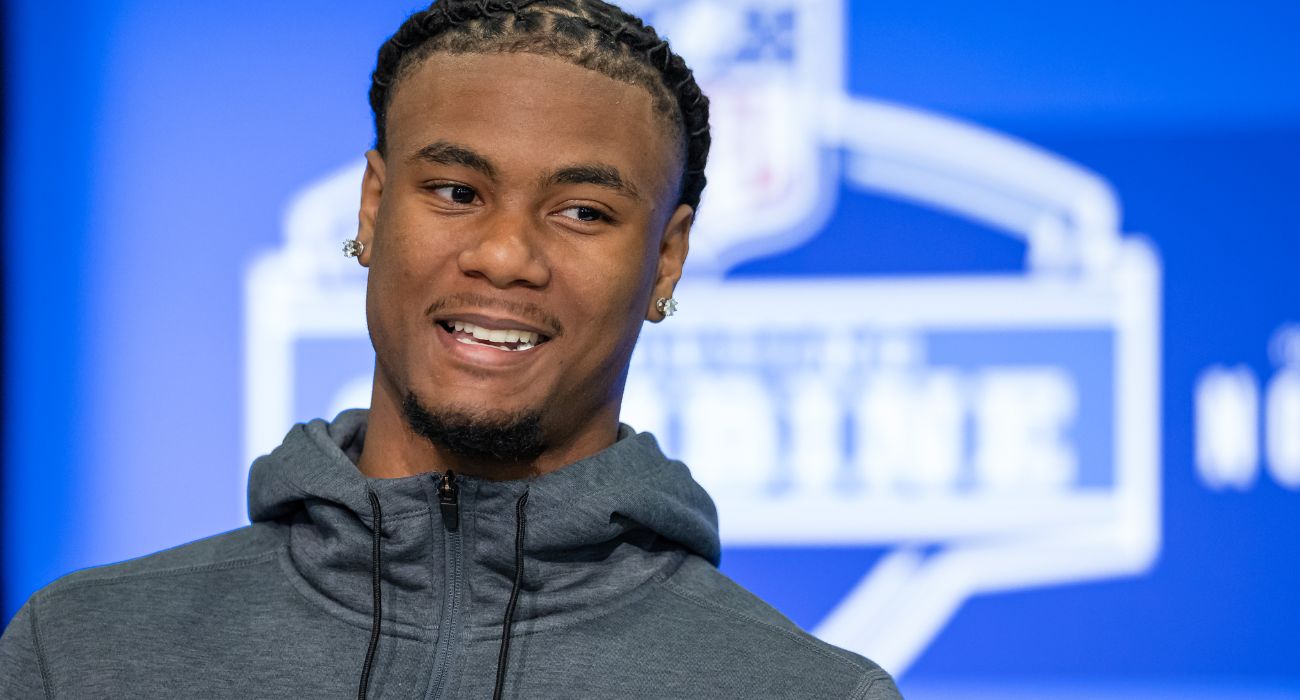ESPN anchor Sage Steele is suing the network and its parent company, Walt Disney, alleging that the company violated her free speech rights when they “sidelined” her for making controversial comments on a podcast.
Steele made the remarks last September on a podcast hosted by former NFL quarterback Jay Cutler that is not affiliated with ESPN or Disney. Steele touched on several contentious political and social topics, including COVID-19 vaccine mandates, former President Barack Obama’s racial identity, and women’s clothing in the workplace.
Steele told Cutler she had recently received the COVID-19 vaccine only because Disney mandated it for all its employees. She said she complied with the mandate only to keep her job.
“I work for a company that mandates it, and I had until September 30 to get it done, or I’m out,” Steele told Cutler.
“I respect everyone’s decision, I really do, but to mandate it is sick, and it’s scary to me in many ways,” Steele said. “I just, I’m not surprised it got to this point, especially with Disney, I mean a global company like that.”
Steele then talked about her racial identity, saying The View host Barbara Walters ridiculed her decision to identify as biracial.
“She’s like, ‘Well, what happens when you … fill out your census?’” Steele said. “If they make you choose a race, she’s like, ‘What are you going to put?’ I go, ‘Well, both.’”
“‘Barack Obama chose ‘black,’ and he’s biracial,’” Steele said Walters responded. “And I’m like, well, congratulations to the president. That’s his thing. I think that’s fascinating, considering his black dad was nowhere to be found, but his white mom and grandma raised him. But hey, you do you, I’m going to do me.”
Steele went on to talk about women who wear provocative clothing in the workplace. She claimed they bear some responsibility for sexism aimed toward them.
“When you dress like that, I’m not saying you deserve the gross comments, but you know what you’re doing when you put that outfit on, too,” she said. “We need to be responsible as women, too. We know what we’re doing when we put certain things on.”
The comments ignited a backlash against Steele on social media, and she issued an apology.
“I know my recent comments created controversy for the company, and I apologize. We are in the midst of an extremely challenging time that impacts all of us, and it’s more critical than ever that we communicate constructively and thoughtfully,” Steele’s apology read.
However, Steele’s suit claims ESPN forced her to issue the “humiliating public apology” and suspended her.
ESPN denies ever suspending Steele.
“Sage remains a valued contributor on some of ESPN’s highest profile content, including the recent Masters telecasts and anchoring our noon SportsCenter,” said a statement from the company. “As a point of fact, she was never suspended.”
The lawsuit claims that instead of outright telling Steele she was suspended, ESPN told her she would be “sidelined” or “benched.” It also says ESPN never corrected media reports that stated Steele was suspended.
Steele additionally claims in the suit that after she returned from her “benching,” ESPN removed her from assignments such as hosting the New York City Marathon and ESPNW Summit, which she had hosted since 2010. Furthermore, Steele’s suit claims she was only assigned to work the Masters after her lawyers sent a letter to ESPN’s human resources department complaining about her treatment in February of this year.
The complaint also highlights alleged instances of colleagues publicly criticizing Steele. It claims ESPN’s handling of the entire ordeal was selective enforcement of a network policy that prohibits its employees from taking positions on political or social issues. Steele’s suit points to alleged instances of other ESPN employees making political comments on-air and social media without being punished.
“ESPN violated her free speech rights, retaliated against her, reprimanded her, scapegoated her, allowed the media and her peers to excoriate her and forced her to apologize simply because her personal opinions did not align with Disney’s corporate philosophy of the moment,” her attorney Bryan Freedman said in a statement.
Steele filed the lawsuit in Connecticut, where ESPN is based. Its central claim is that the First Amendment protected Steele’s comments because she appeared on the podcast as a private citizen and clearly expressed she was not speaking on behalf of the company.
“Connecticut law prohibits private employers from disciplining their employees for engaging in constitutionally protected speech, whether that speech takes place in the workplace or outside of it,” the suit says.
According to The National Law Review, “Under Connecticut law, both public and private employees have free speech protections and employers are prohibited from disciplining or discharging employees for exercising their free speech rights with certain limitations.”
Free speech “is permissible assuming that it does not interfere with the employee’s job performance or relationship with the employer and addresses a matter of public concern such as terms and conditions of employment, social justice, among other reasons,” The National Law Review explains.







Who cares?